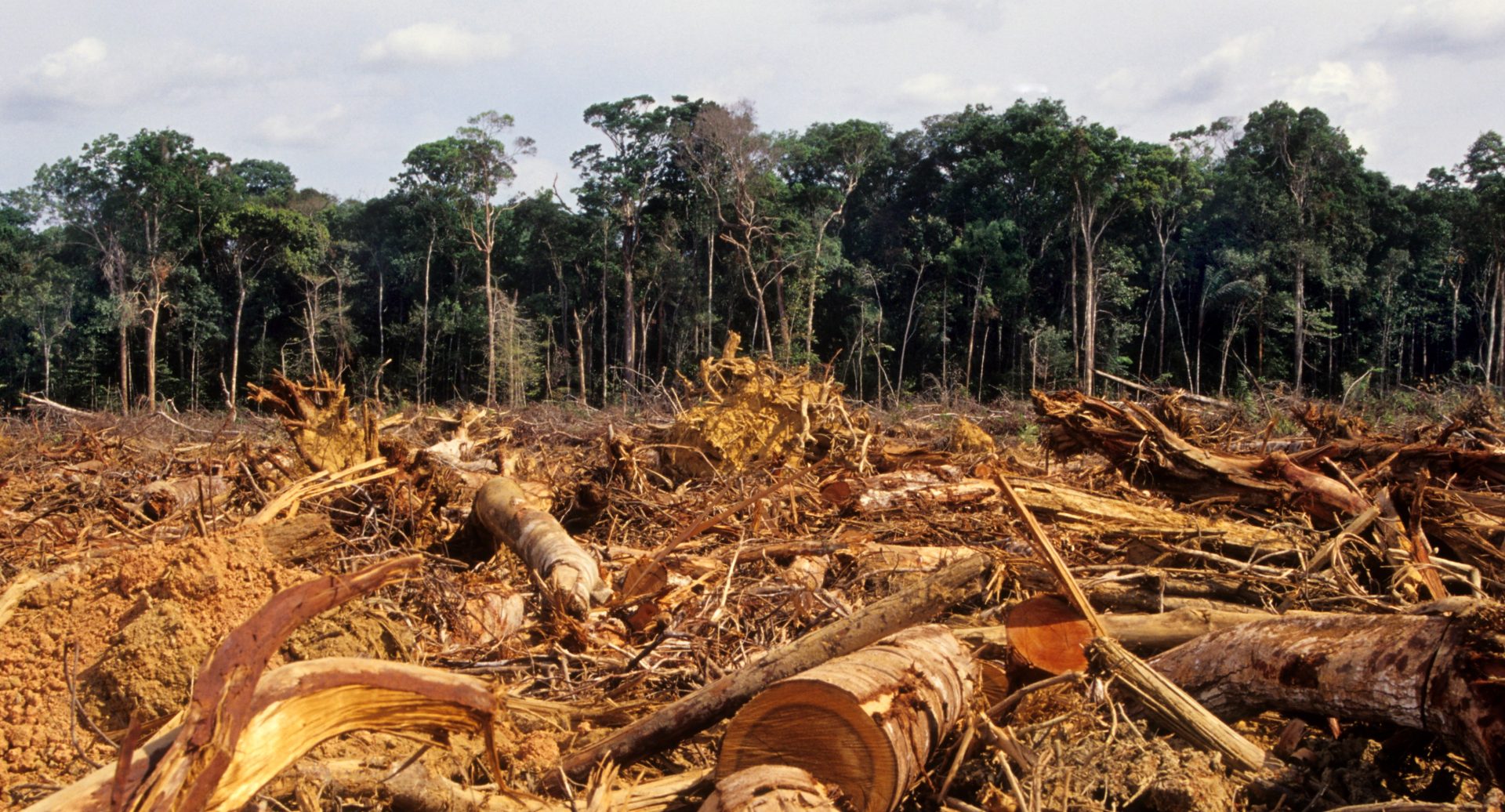Calabar, Nigeria — Environmental experts, civil society groups, government agencies, and representatives of local communities have raised fresh concerns over the growing deforestation crisis in Cross River State, warning that the state’s once-thriving rainforest is on the brink of collapse due to rampant logging and illegal mining.
The warning was issued at the 3rd Multi-Stakeholder Conference on Deforestation, which took place over the weekend in Calabar. The event, themed “Deforestation: Current Realities, Emerging Threats, and Building Resilience,” was convened by We the People (WTP), a civil society organisation focused on social and environmental justice.
More than 130 participants attended the one-day gathering, which provided a platform to examine the root causes of deforestation in the state. Speakers highlighted weak enforcement of forestry laws, lack of accurate data, poor funding of regulatory agencies, and the absence of coordination among relevant government bodies.
Participants also expressed deep concern over the exclusion of local communities from decision-making processes and governance structures intended to protect the forest. They pointed to weak penalties for environmental crimes and what they described as the “covert involvement of politicians” in illegal activities threatening the forest ecosystem.
“We have a situation where the very agencies meant to protect the forest are underfunded and ill-equipped. Field staff operate without uniforms or support. Meanwhile, the communities most affected by deforestation are excluded from the process of finding solutions,” a participant said during a plenary discussion.
A major highlight of the conference was the presentation of a mining impact report by We the People, which documented how extractive activities have contributed to forest degradation in the state. The report revealed that many mining operations are carried out without proper licensing or environmental assessments, posing significant threats to biodiversity and the livelihoods of forest-dependent communities.
In a communiqué issued at the end of the conference, participants outlined a series of recommendations aimed at reversing the trend of forest loss.
Key among the proposals were the integration of traditional knowledge systems into conservation efforts, a review of the Cross River State Forestry Commission Law of 2010 to address emerging issues such as climate change and mining, and stronger penalties for illegal logging and other environmental offenses.
Other recommendations included ensuring that host communities receive royalties and basic amenities as incentives for forest protection, improving licensing and monitoring frameworks, and involving communities directly in planning and enforcement processes. There was also a call for the protection of community leaders who defend the forest from illegal exploitation.
The communiqué urged the state government to strengthen collaborations with civil society organisations, the media, and other forest protection partners to increase public awareness and institutional accountability.
Participants stressed that safeguarding Cross River’s forest, regarded as one of Nigeria’s most biologically diverse regions, requires more than just laws on paper. They called for genuine political will, sustainable development strategies, and the empowerment of local communities as the way forward.
“The future of our forests cannot be left to chance or political rhetoric. We need enforceable laws, empowered communities, and the political will to act now more than ever,” the communiqué stated.
They also encouraged the state government to diversify its economy to reduce over-dependence on forest resources and adopt a long-term strategy focused on sustainability, environmental education, and cooperation between agencies.

